
- 166 Posts
- 3.22K Comments


I don’t think keeping the single player games exclusive makes much sense either. Sony’s bread is buttered by taking the same 30% Valve makes on each game sale. If they’re only converting you for single player games, you’re buying…what…5 games on the platform, lifetime? And they’re all Sony published? Realistically, on PC, you’re probably already playing everything else on PC with no subscription fee that they would want to get a cut from. I think Sony has reached everyone they’re going to reach, and you’re just leaving money on the table by not bringing those games to PC, even if they come late.


They’ve been practically waiting for a way to kill the PC industry and take the profits from it.
I have nothing but anecdotes to base this on, but charging for PS+ in an era where Steam offers a similar service for free has seemingly been one of the biggest drivers of converting people into PC gamers. Back when Xbox first charged for Live, it at least offered a far better experience than what you’d find elsewhere, but only a few years later, that was no longer the case.


I can afford it, and I’ll bet I’m far from alone, but I’d essentially be buying a dedicated computer that can only play a handful of games, and it would play them worse than my PC could if they’d only make the game available there. There’s no shortage of stuff to play, so it ends up just being a bad value even when you’ve got the money.

 English
English- •
- bsky.app
- •
- 21h
- •

 English
English- •
- www.youtube.com
- •
- 2d
- •
I emulated the game a few years ago, because the alternative was dealing with the lousy DRM on the Steam version, and it’s weird (in a good way) to now play this game and see the battle transition animation run at higher frame rates. You can also use the analog stick. 3x speed is nice, but I can already do that on emulators. I know my brother got very into the modding tools for the Steam version of the game, so I wouldn’t be surprised if those tools work on the GOG version already or in the near future.

 English
English- •
- www.gog.com
- •
- 3d
- •


The difference is that even with the convenience of a launcher, I can decline an update that would undo DRM-free rather than manually copying every vetted DRM-free game on Steam to another directory every time there’s a patch. And that’s only to entertain this apocalyptic what-if that would never happen because it would trigger false advertising law suits that would instantly destroy the company.


Considering games with no DRM can have it added retroactively, that Steam pushes updates I may not want with no option to decline, and that that wiki can’t even load in its entirety without erroring out for me and comes down to user submitted data, GOG’s DRM free promise is more than just advertising.


I know it, but I’m not sure why one would affect the other. I still get DRM free games on GOG that I’m not going to find on itch.io or elsewhere.


It seems cool, and it’s got some ideas. I swung a hammer around, and it’s got a vertical swing, so it essentially just started digging. I did it a few times and then dropped into a dungeon that I didn’t know was there. The UI and onboarding are rough, as to be expected, and I wish I could see what they’re cooking further down the skill tree, but there are some good bones there.


I believe it’s still running in the background and makes it an extra pain in the ass to play without internet. I ran into that one with Jedi: Fallen Order when trying to play on the train (I only paid $4 for it and still felt ripped off). The store page still lists that it’s there. It’s why whenever I get around to the Dragon Age games, I can play the first one on GOG and the fourth one on Steam (no EA launcher), but unless something changes, the best option appears to be pirating 2 and 3.


I only bought Split Fiction because it didn’t come with the EA launcher. It seems to be a recent decision of theirs to not include it on some games on Steam, but they’re not doing it retroactively. It Takes Two I played on Game Pass for a dollar, because I’m not willing to put up with EA’s additional DRM.


I think it has to be insane levels of incompetence. They’re not patient enough to wait around for 3 years for Bluepoint to put out something that makes money, so they probably gave them some busy work, like support work for other studios, until they could go through the bureaucracy of closing the studio.
He’s only got vibes to go on in the EU, but the vibes were good from the people representing the movement there. There’s an NGO that already got the ball rolling in the US, and even though it’ll still be difficult, there may actually be legislation drafted in the US before the EU, which Ross finds hilarious. The UK’s initiative hasn’t been going well, but there’s one more long shot chance they have of some movement there.


I think graphics are pretty low on my list of priorities for how those games need to modernize. Starfield looks pretty alright in sheer fidelity, but the faces don’t animate well, the conversation system is dated even compared to The Outer Worlds doing basically the same thing, and the engine seems (for some reason) incapable of putting together a proper cut-scene.


I’m reading between the lines a bit here, but back when I regularly attended PAX East, one of my favorite panels to attend was the video game data panel hosted by EEDAR (now a part of Circana). The games like NBA 2K, GTA, Call of Duty, or Assassin’s Creed that can regularly break $1B in revenue are the kinds of games that may sell to people like you or me on a gaming forum, but also that they can sell to the kind of person who only plays four or fewer games per year. Since then, I imagine live service games that keep you hooked on that one game in particular have only exacerbated that figure of four or fewer games per year. That’s a huge segment of the market. And I imagine that’s the customer that the market is losing on a Friday night to TikTok or OnlyFans.
Dr. Mario 64 is my family’s most played N64 game by far. It didn’t hurt that it was a game that my dad actually found a taste for. One of the things that made it so easy for everyone to play is that you could adjust difficulty individually for everyone until it felt fair.
I doubt any of us were playing at the highest level of competitive play, but the reason garbage would be a factor for us is when you start taking risks to catch up to a player in the lead. Otherwise, I always appreciated that it was sort of a race to clear your own board. Garbage does slow people down, and not just in the animations but in how much time it takes to clear the garbage from what otherwise would have been an easy clear.
I said this before when you made your Puyo Puyo video, but if you’re left wanting by the state of the competitive puzzle gaming scene, even if you’ve never made a video game before, nothing could be a better target for a first project. The barrier to entry is just about zero these days. Take your pick of Godot, Game Maker, Unity, or Unreal, and iterate on one of these.

 English
English- •
- discord.com
- •
- 18d
- •

 English
English- •
- www.videogameschronicle.com
- •
- 24d
- •

 English
English- •
- www.videogameschronicle.com
- •
- 1M
- •

 English
English- •
- www.pcgamer.com
- •
- 1M
- •

 English
English- •
- www.youtube.com
- •
- 2M
- •

 English
English- •
- www.nytimes.com
- •
- 3M
- •

 English
English- •
- evo.gg
- •
- 3M
- •

 English
English- •
- www.gamesindustry.biz
- •
- 3M
- •

 English
English- •
- www.bloomberg.com
- •
- 3M
- •

 English
English- •
- thisweekinvideogames.com
- •
- 3M
- •

 English
English- •
- www.bloomberg.com
- •
- 3M
- •

 English
English- •
- thegamepost.com
- •
- 3M
- •

 English
English- •
- store.steampowered.com
- •
- 3M
- •

 English
English- •
- www.bloomberg.com
- •
- 4M
- •

 English
English- •
- www.youtube.com
- •
- 4M
- •

 English
English- •
- www.gamingonlinux.com
- •
- 4M
- •

 English
English- •
- www.gamedeveloper.com
- •
- 4M
- •

 English
English- •
- www.videogameschronicle.com
- •
- 4M
- •

 English
English- •
- www.theverge.com
- •
- 4M
- •
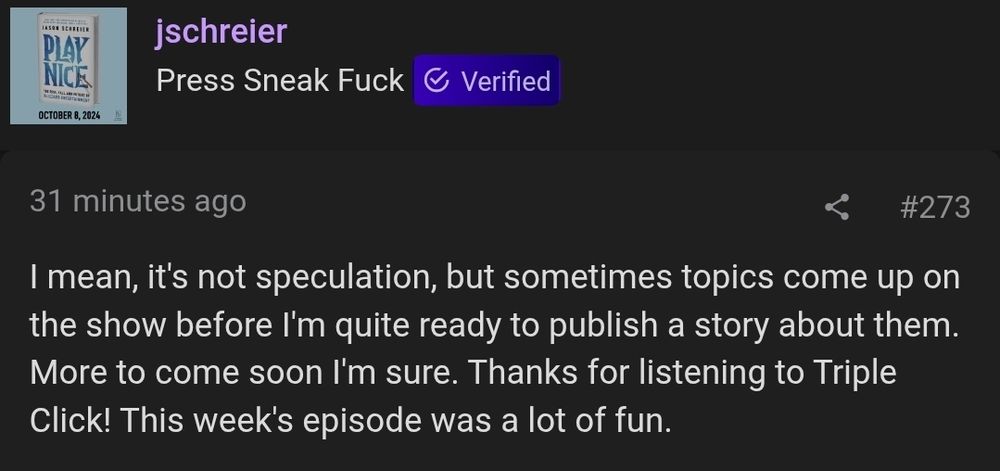
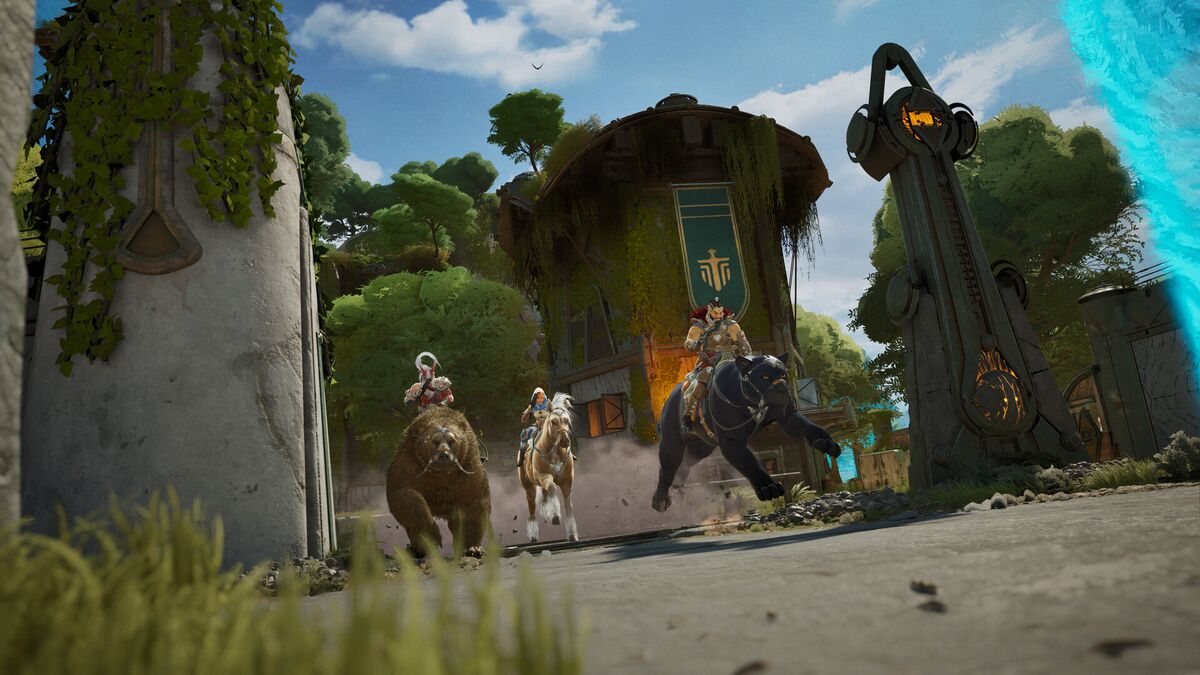
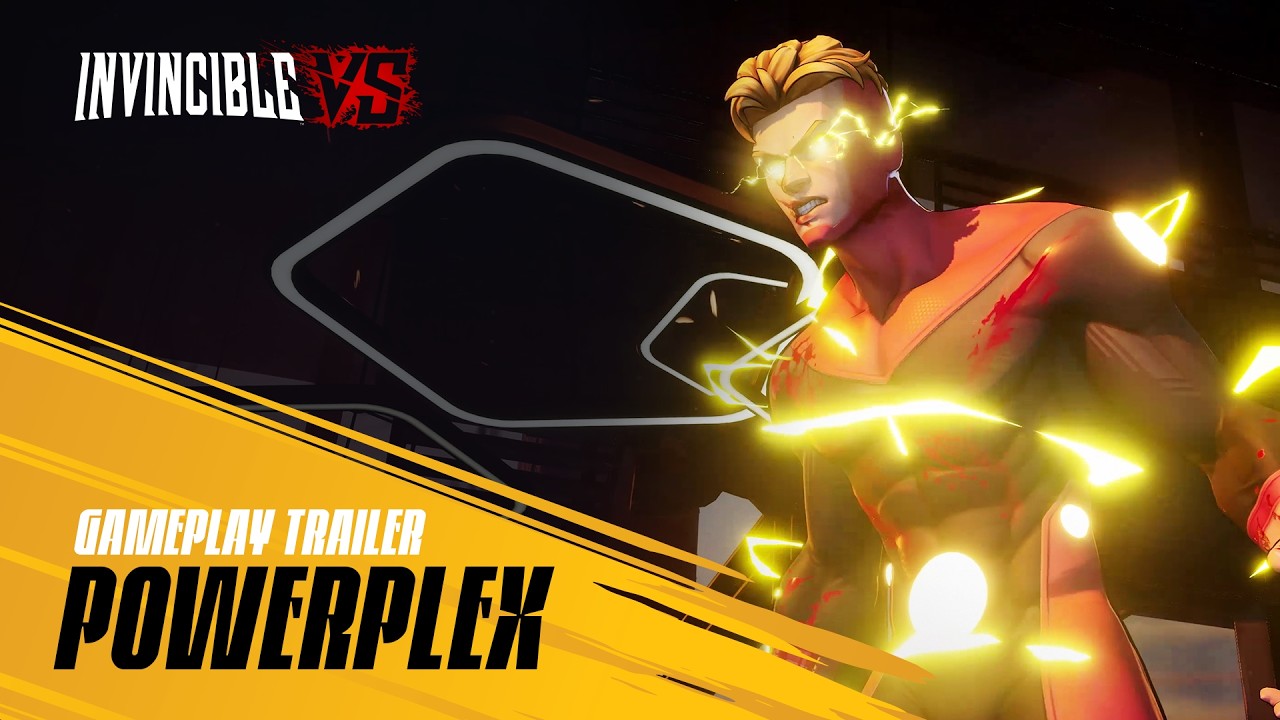

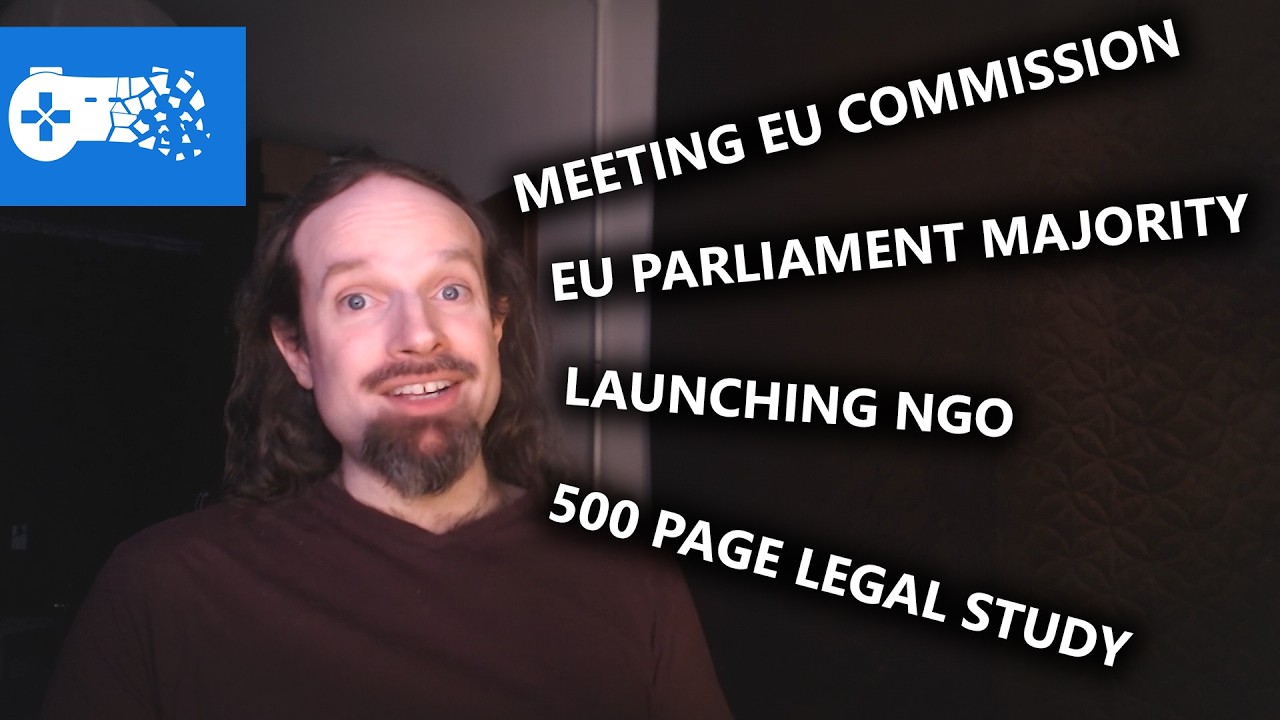









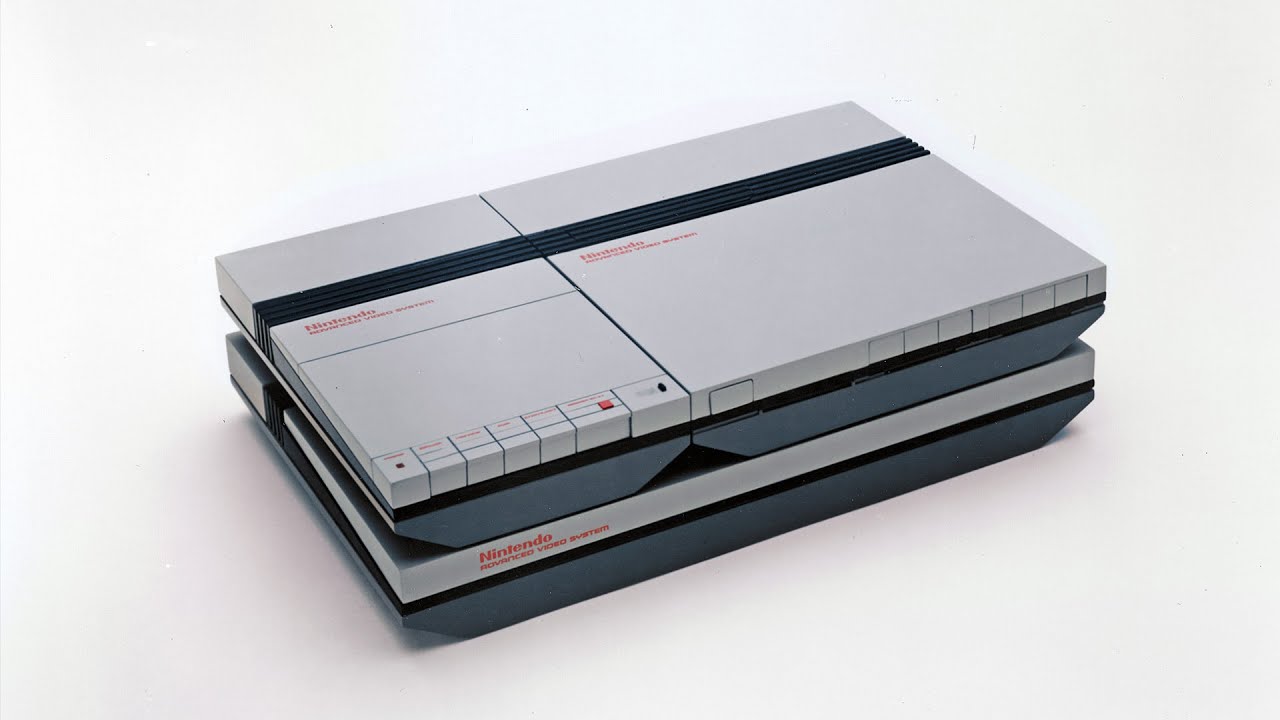
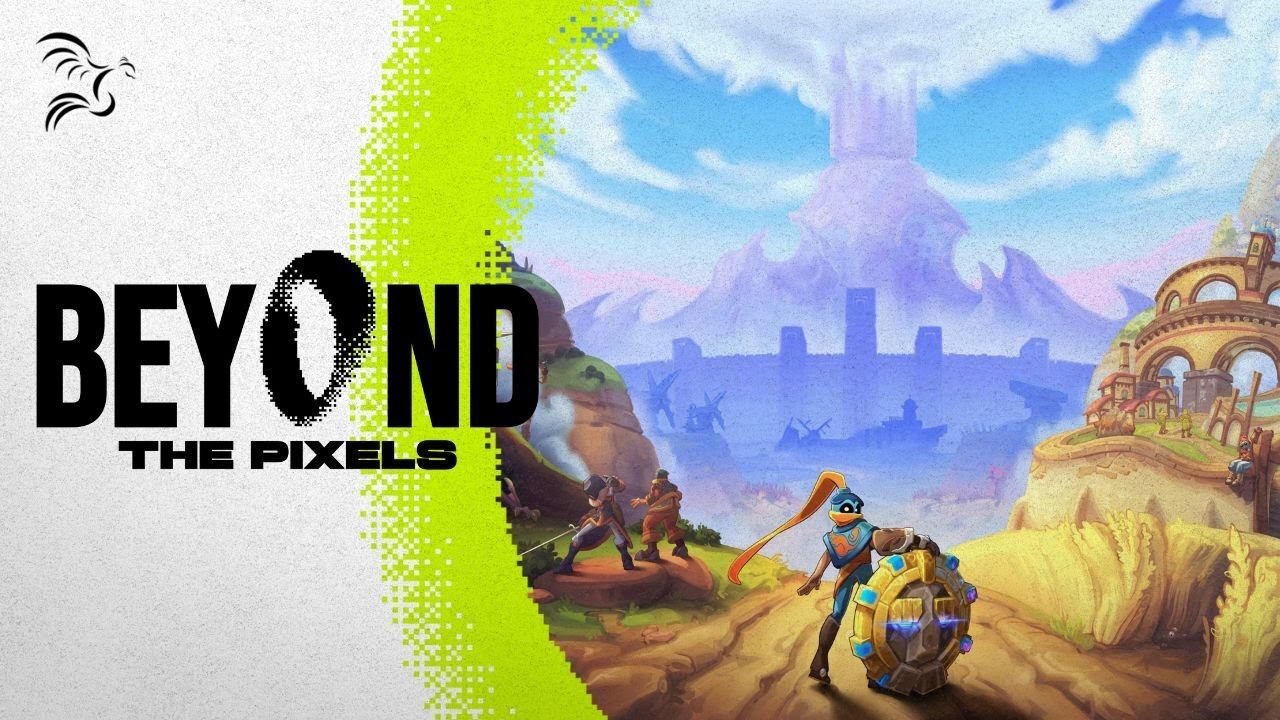


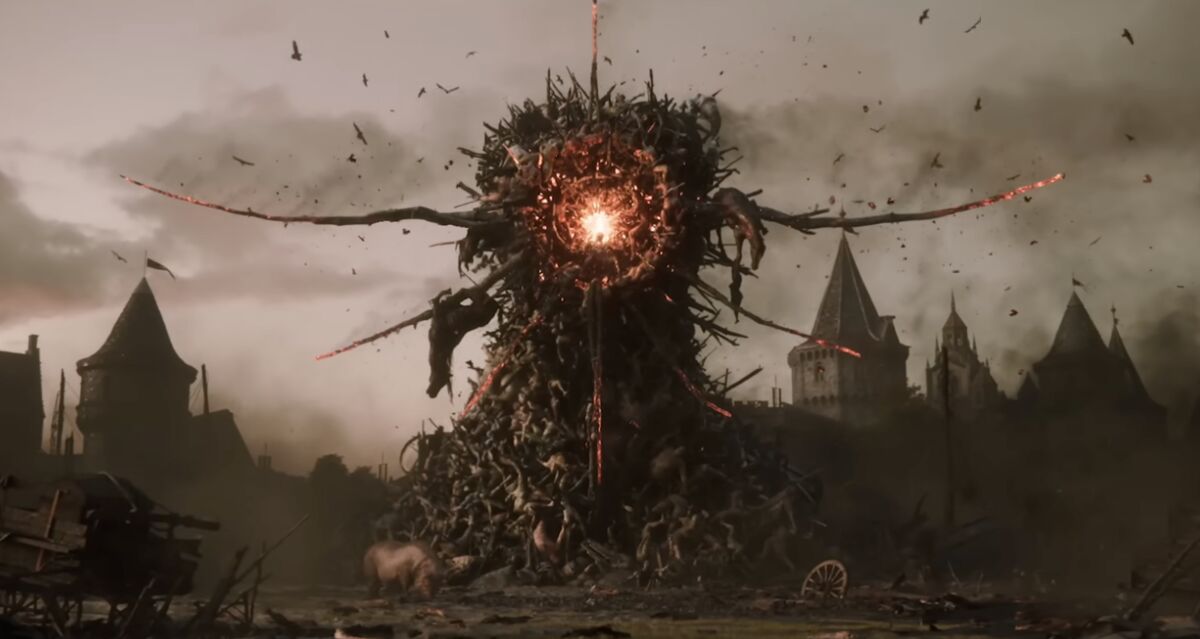
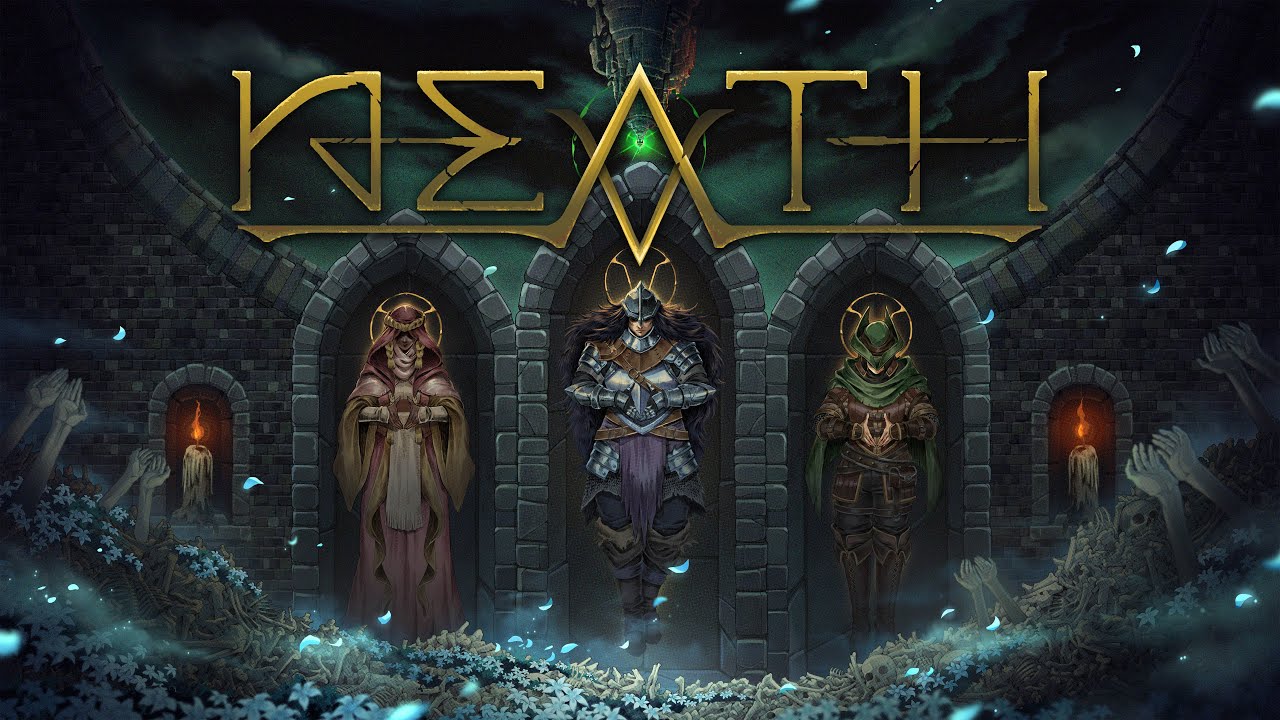







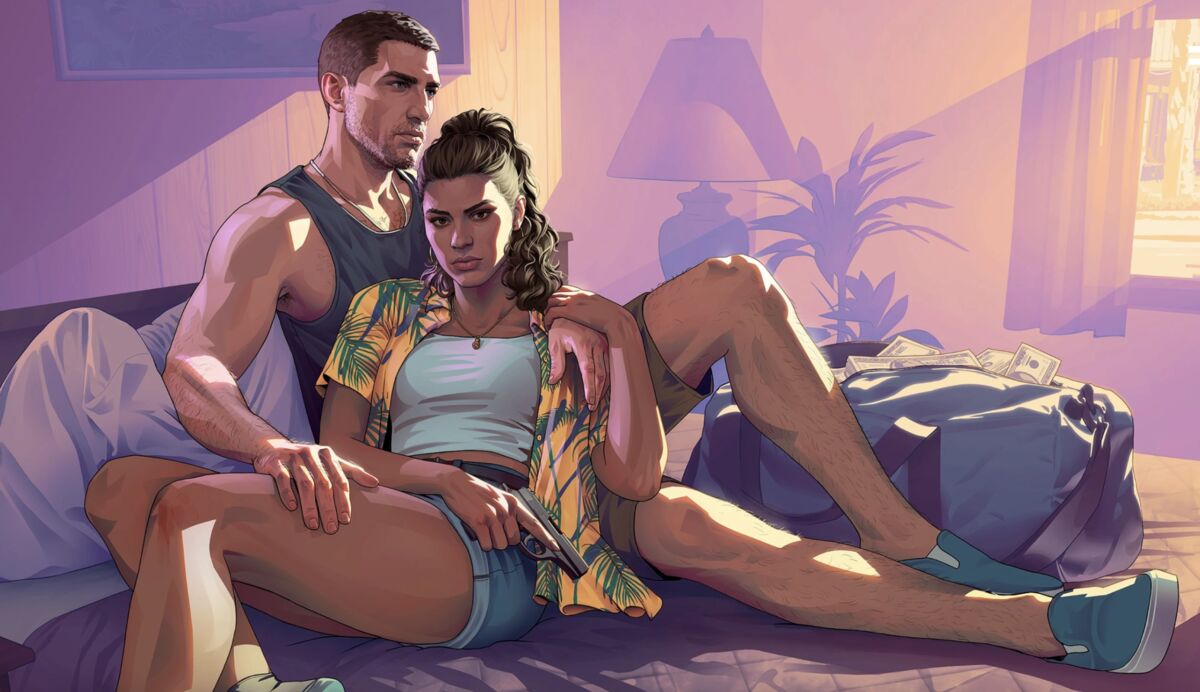
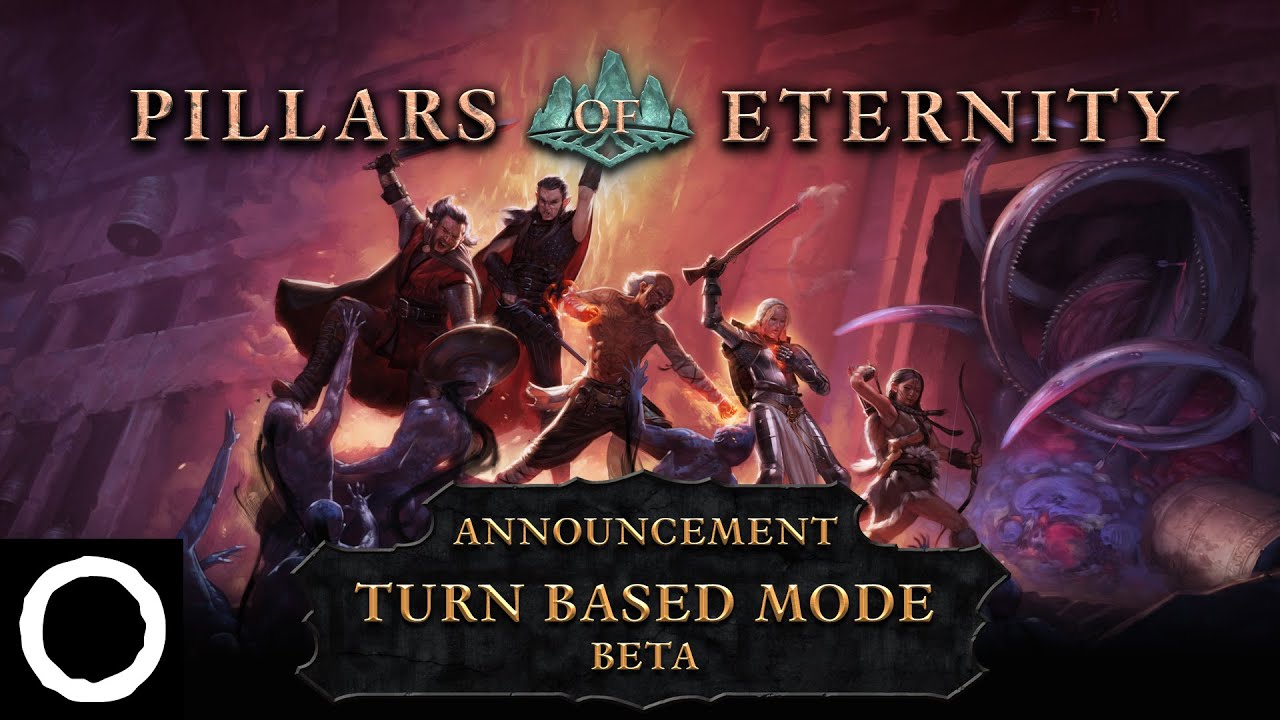


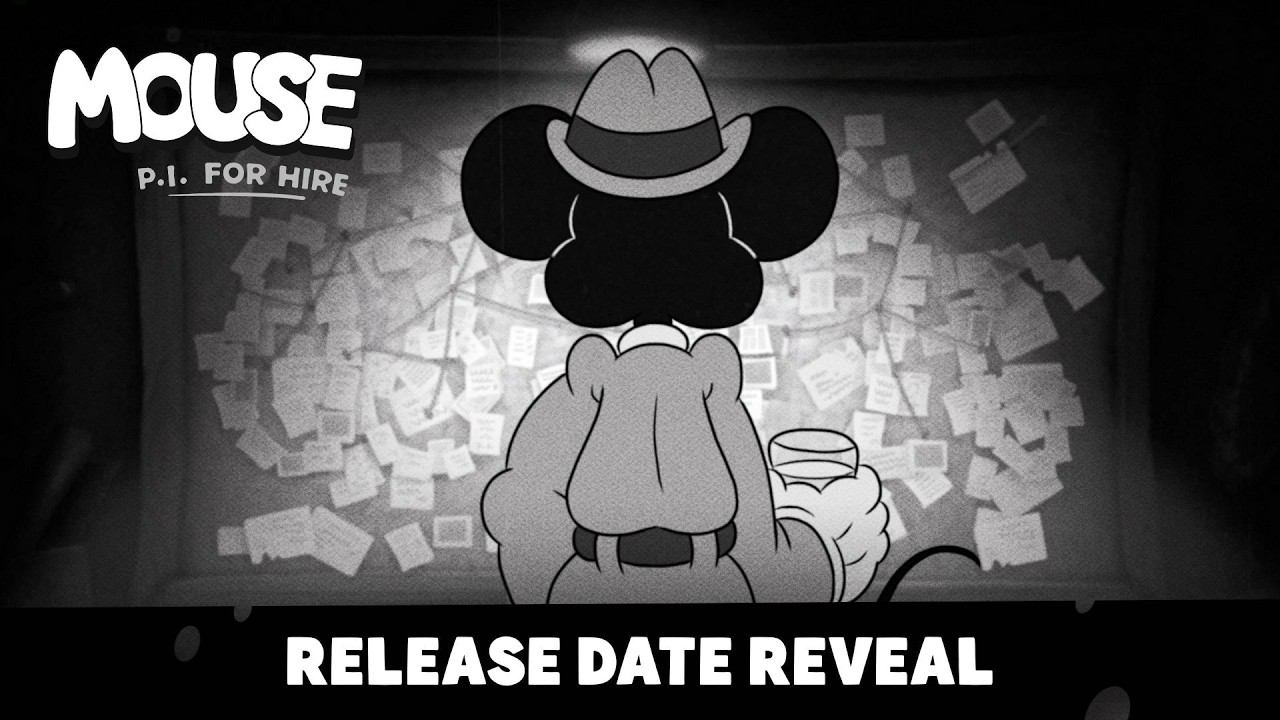
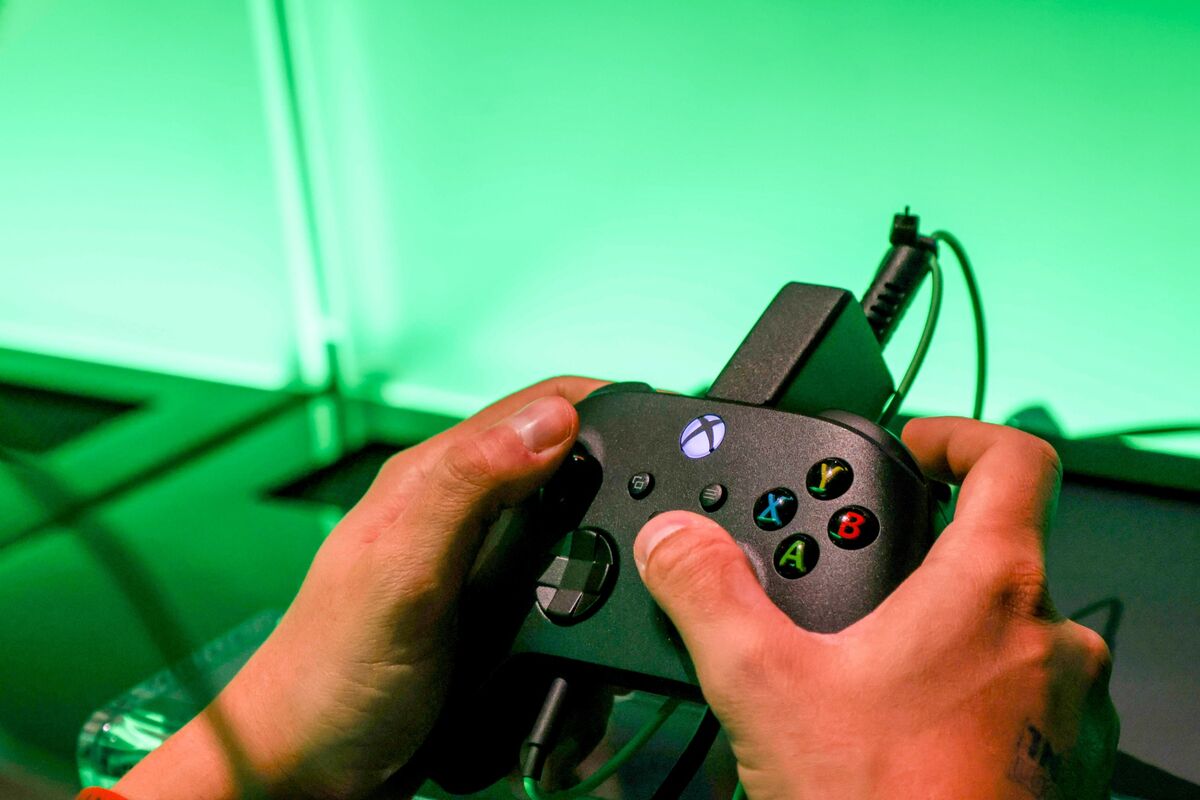



I don’t think the Xbox or PlayStation brand will end anytime soon, but trying to keep doing things the way they’ve been done makes about as much sense as a cable company fighting against the rise of streaming television. PC is the largest single platform and is still growing, and even despite the complete obliteration of Sony’s closest competitor, PlayStation 5 hasn’t grown compared to 4; their growth has only come from selling at higher prices to the same number of users and from microtransactions from games that they don’t make themselves which are available on many platforms. Which doesn’t mean that they don’t still have their customers like yourself, but if I already decided to play my games on PC, how on earth are they going to convince me to start buying third party games on PlayStation, where their money is actually made? At the very least, they can offer me the ability to buy their big blockbusters (which often cost more to make than they’re seeing back in returns these days) on PC to recoup some of what they spent.